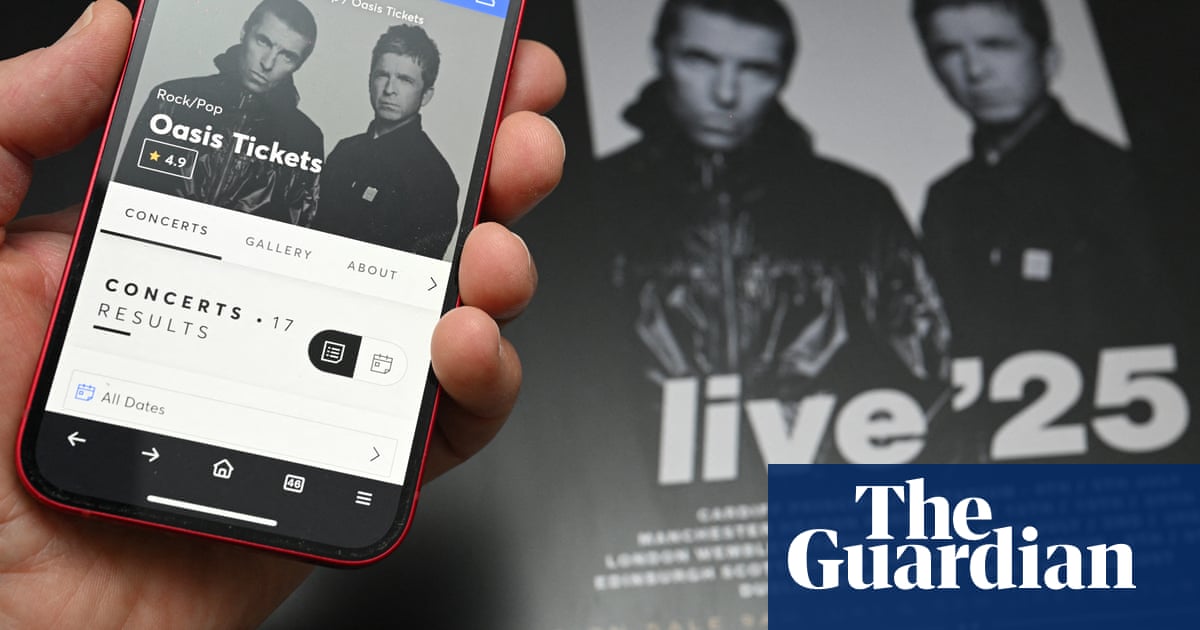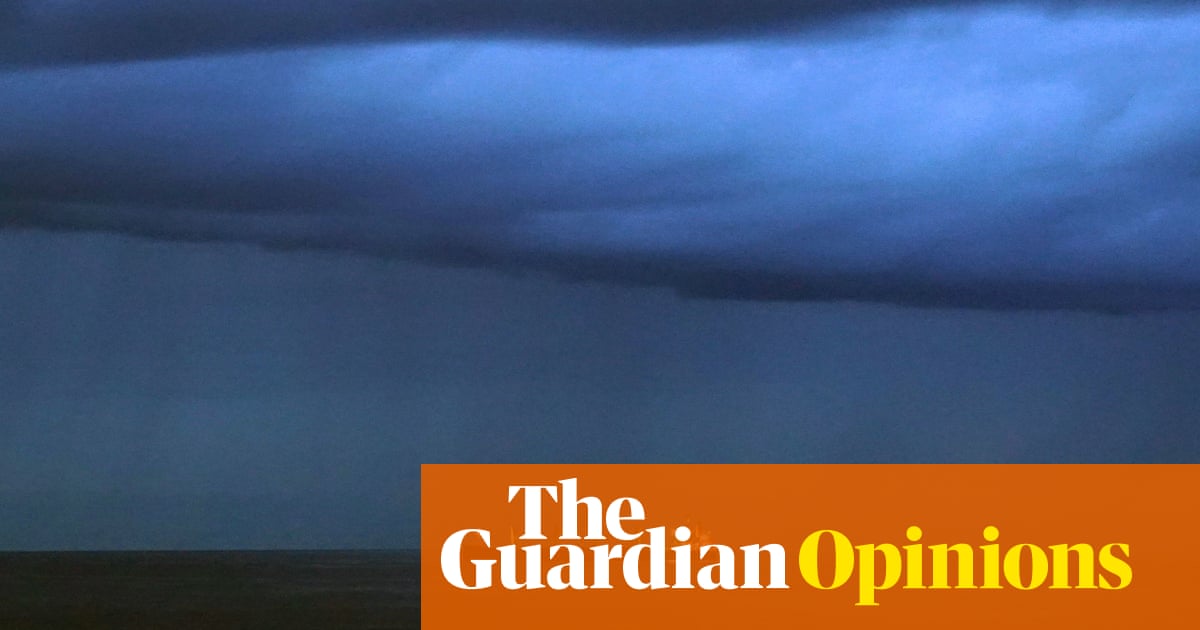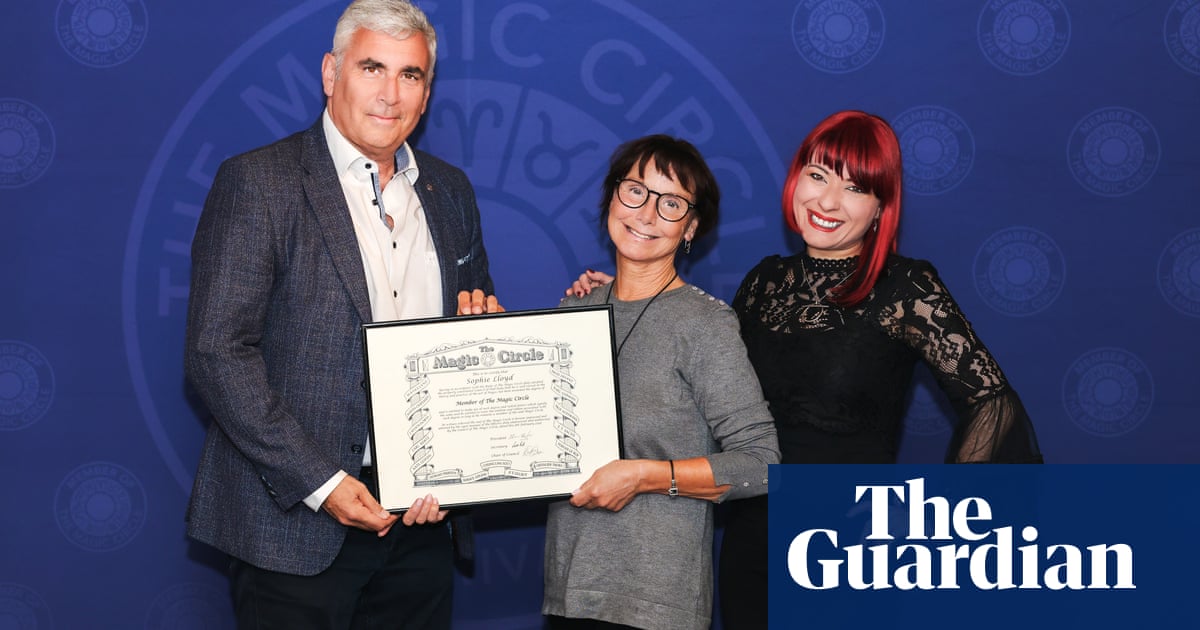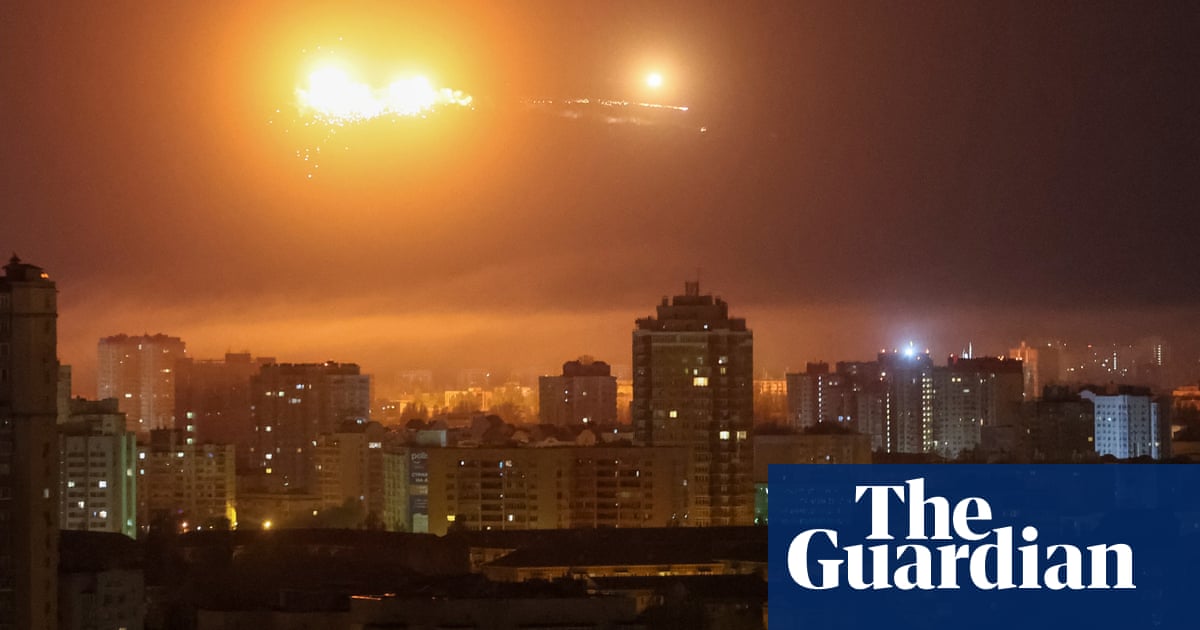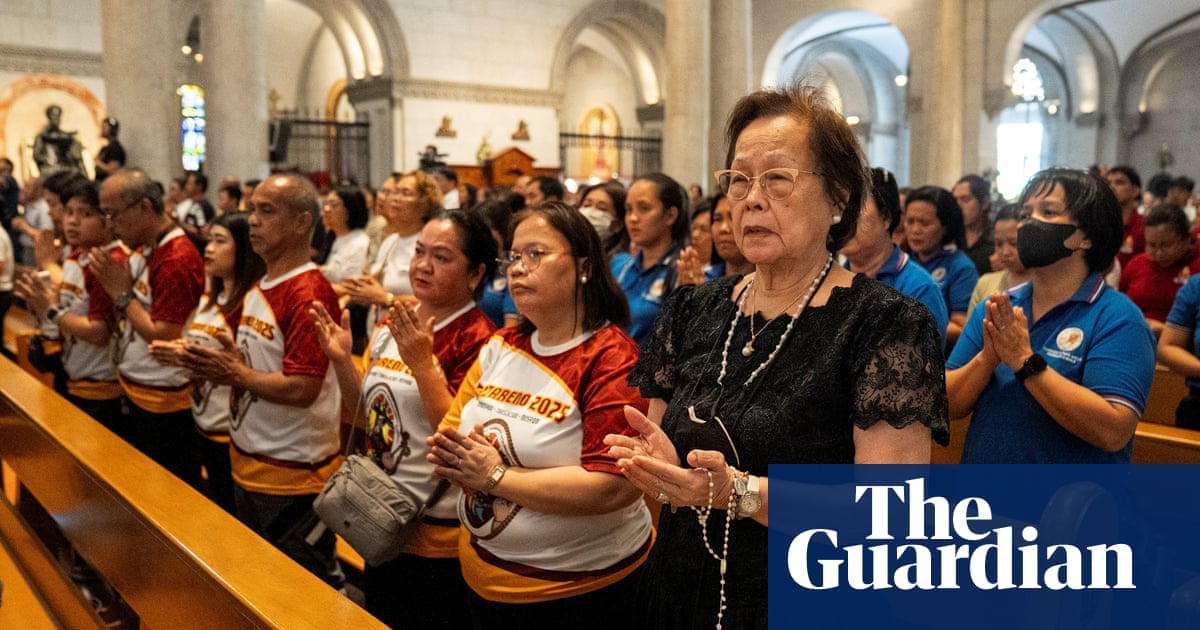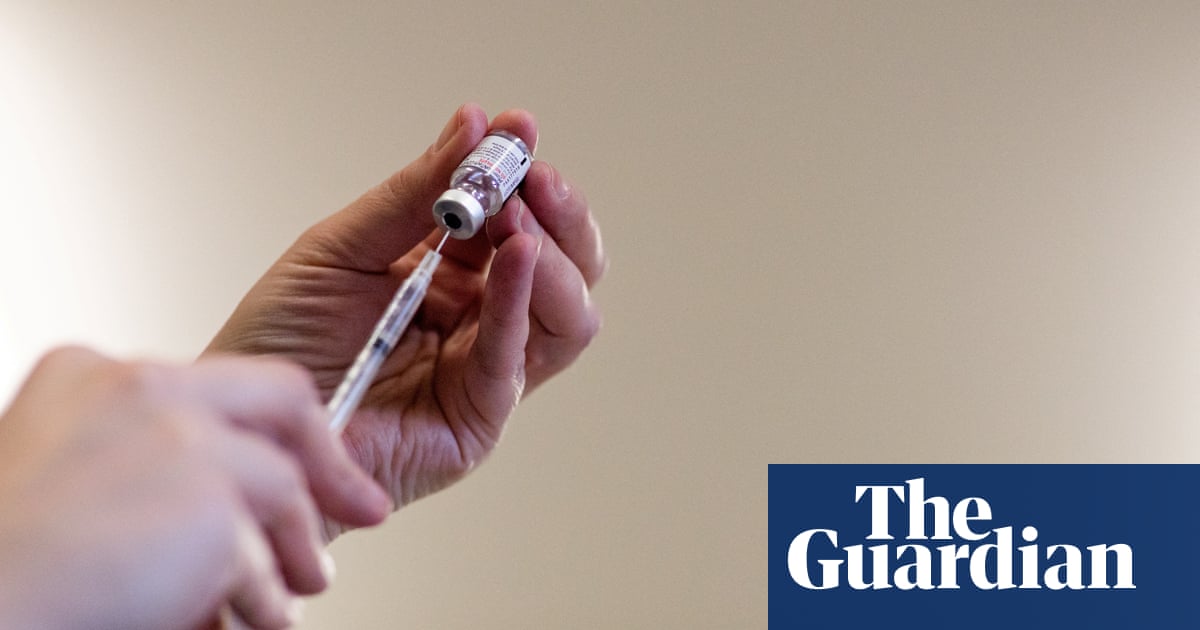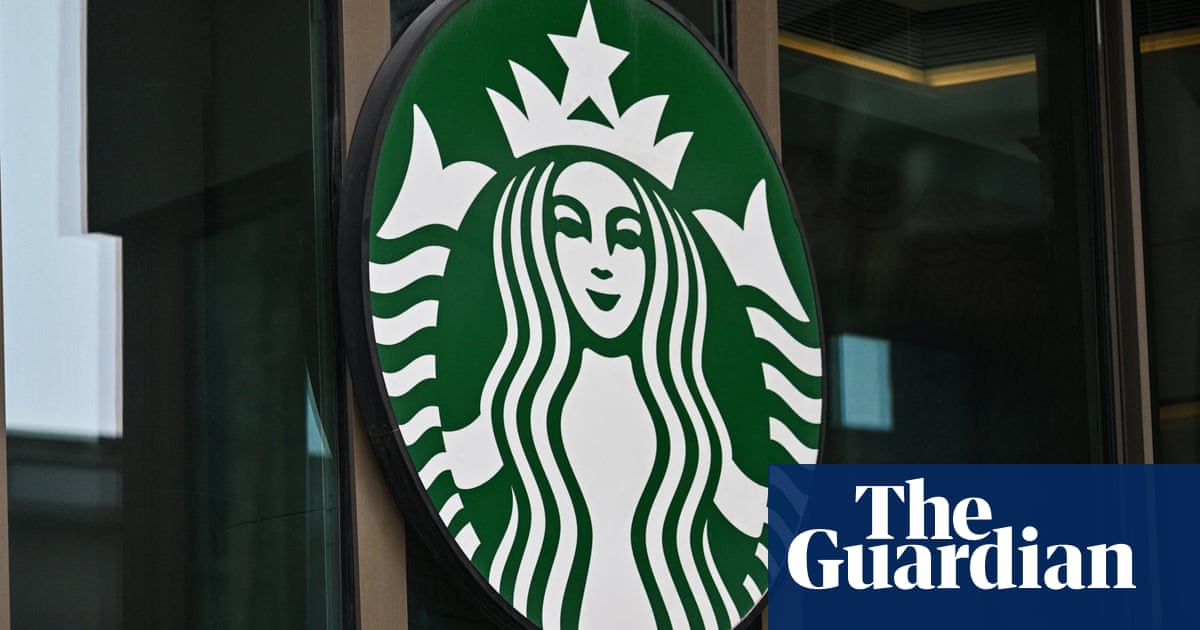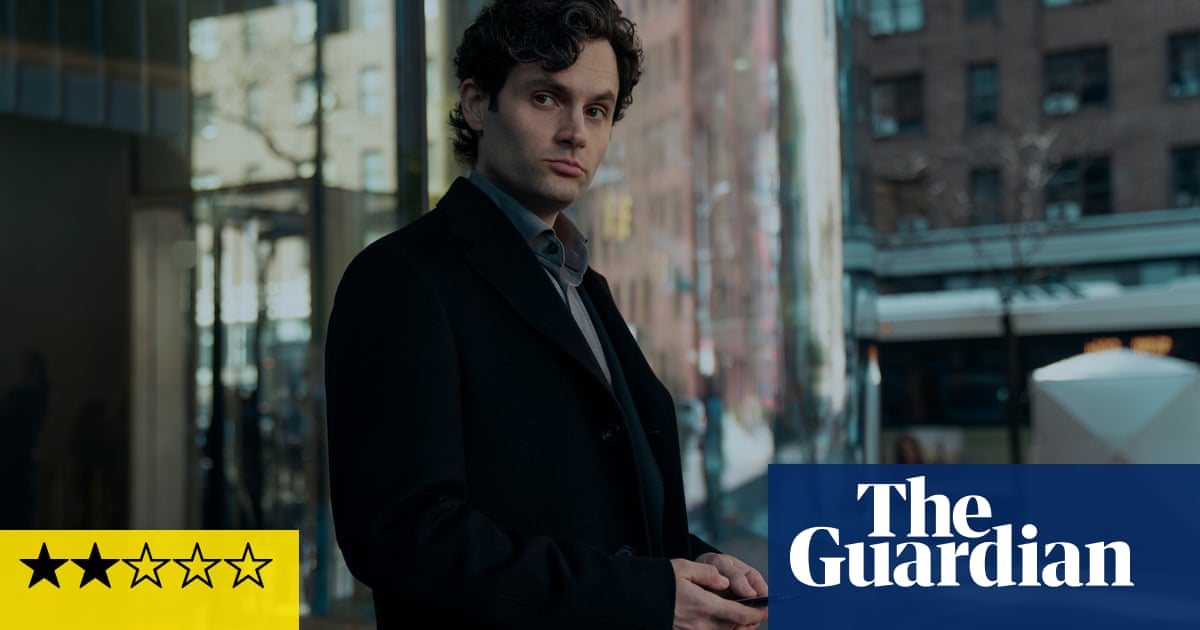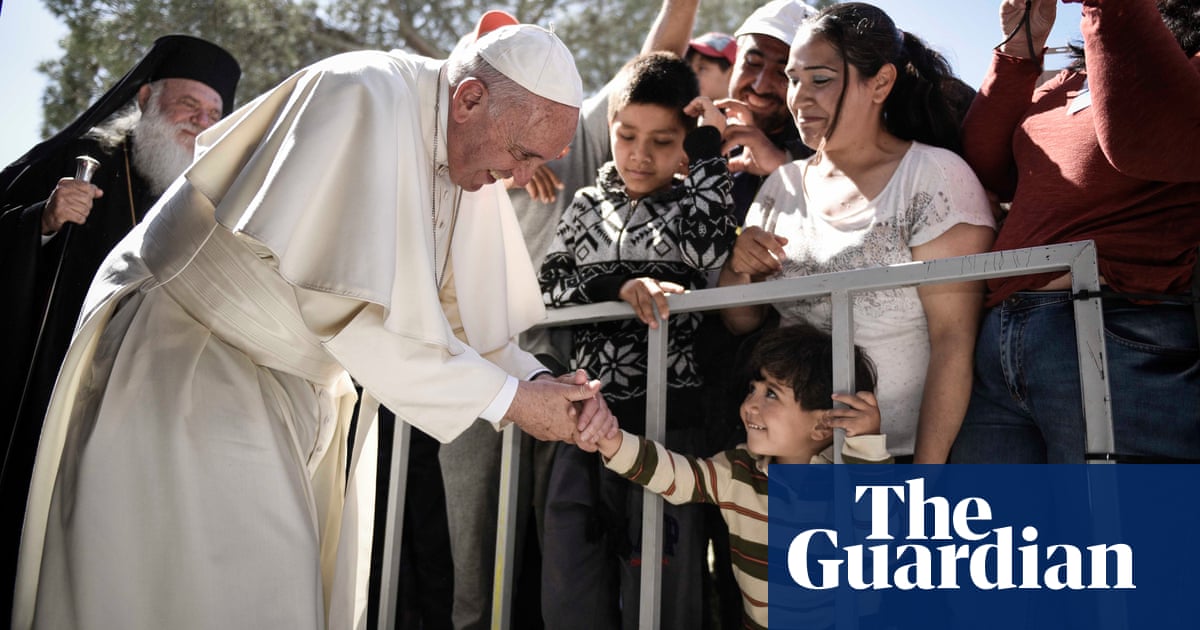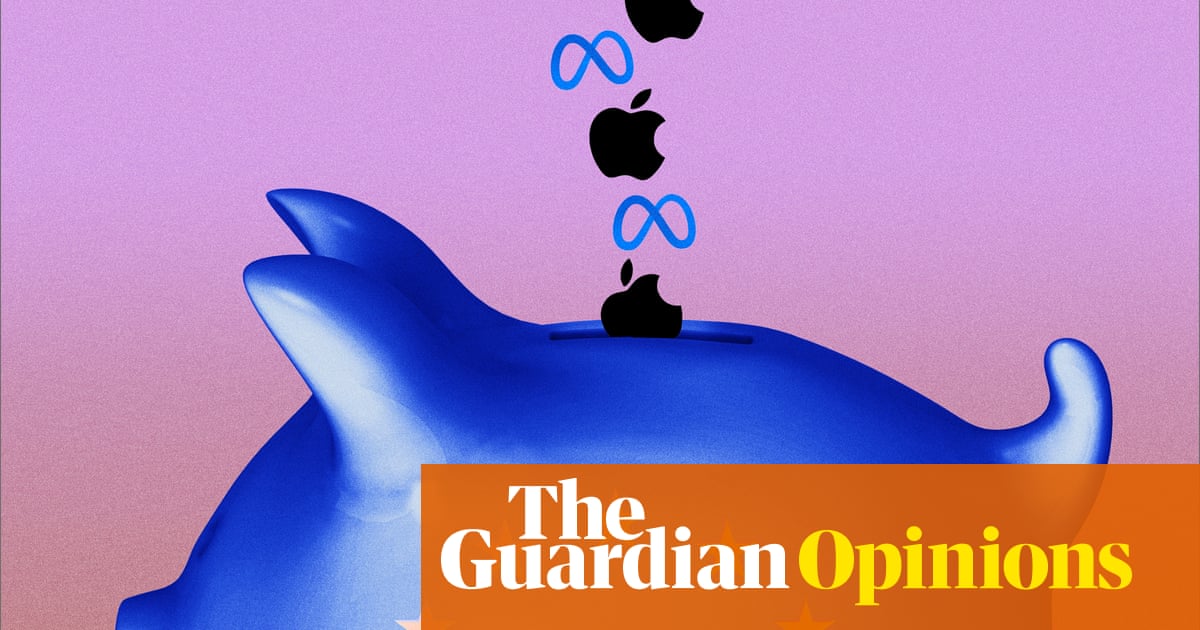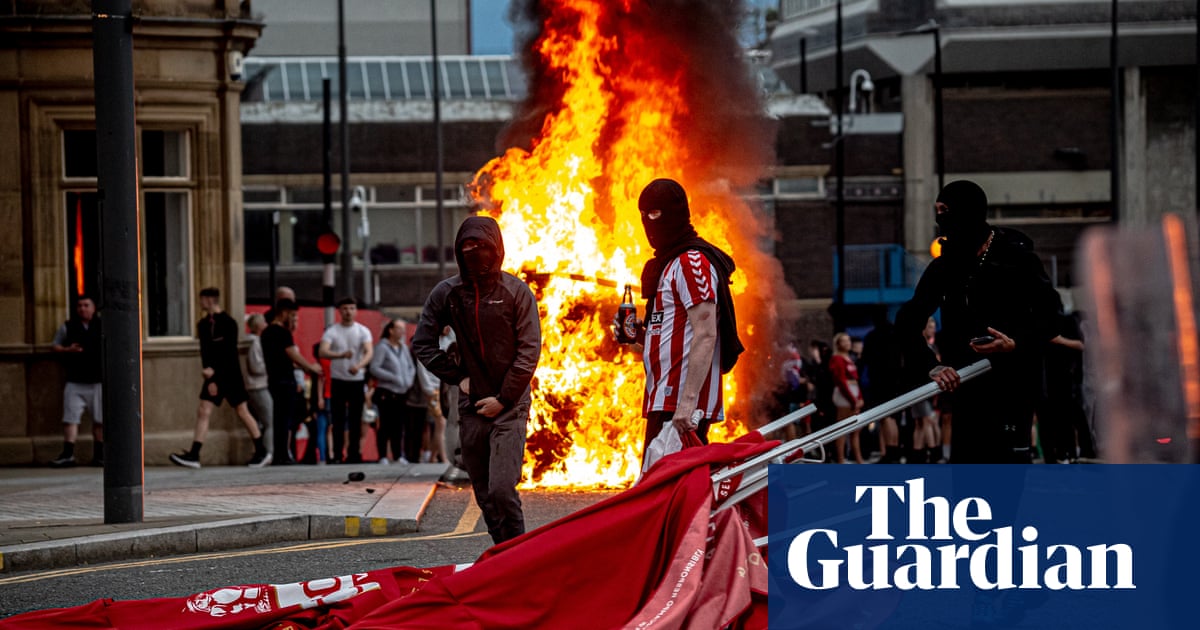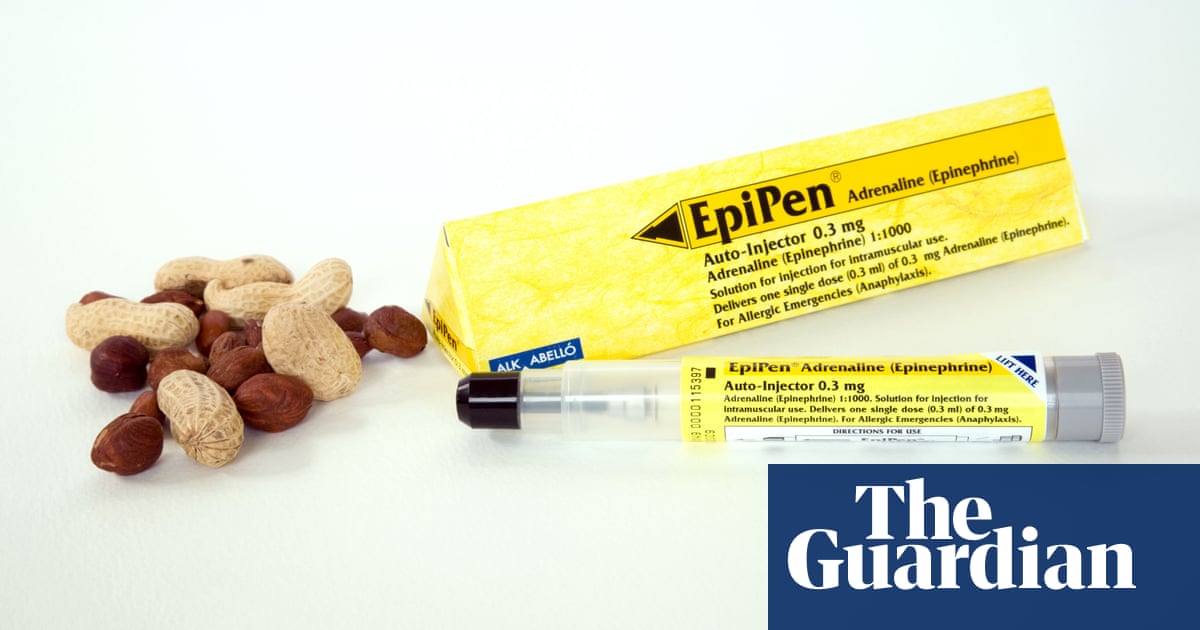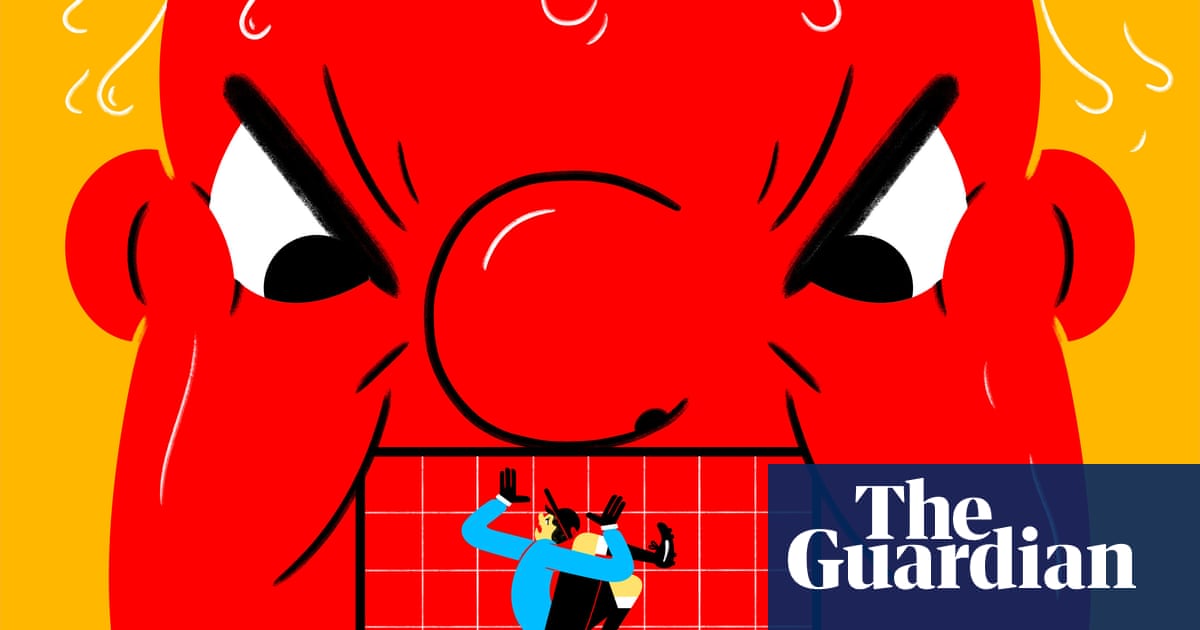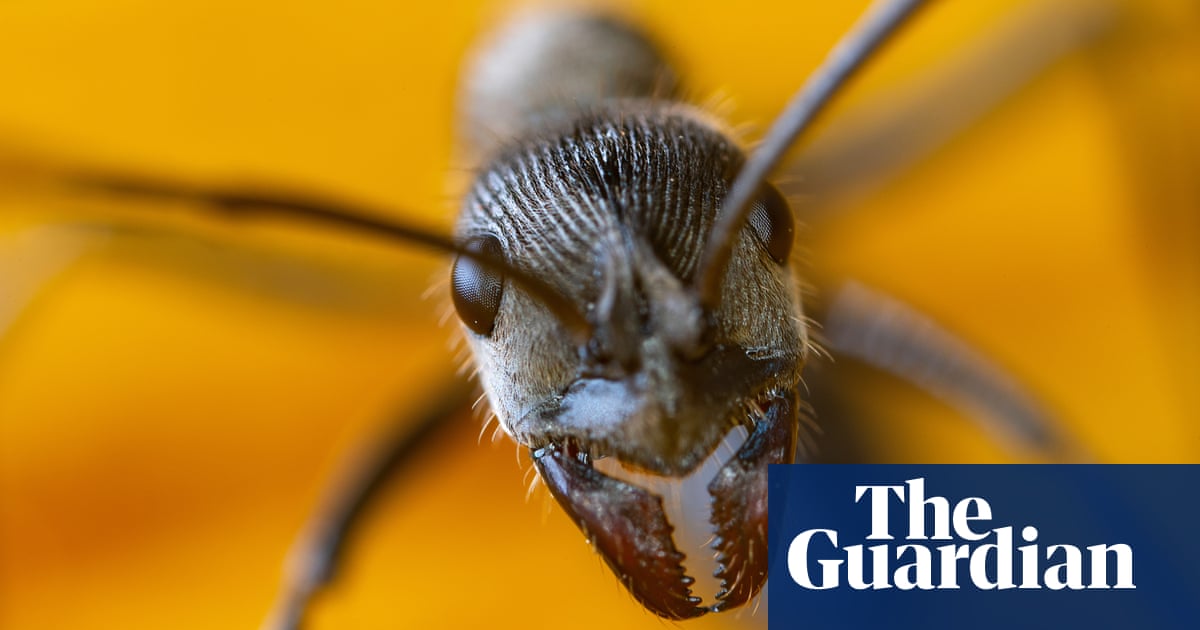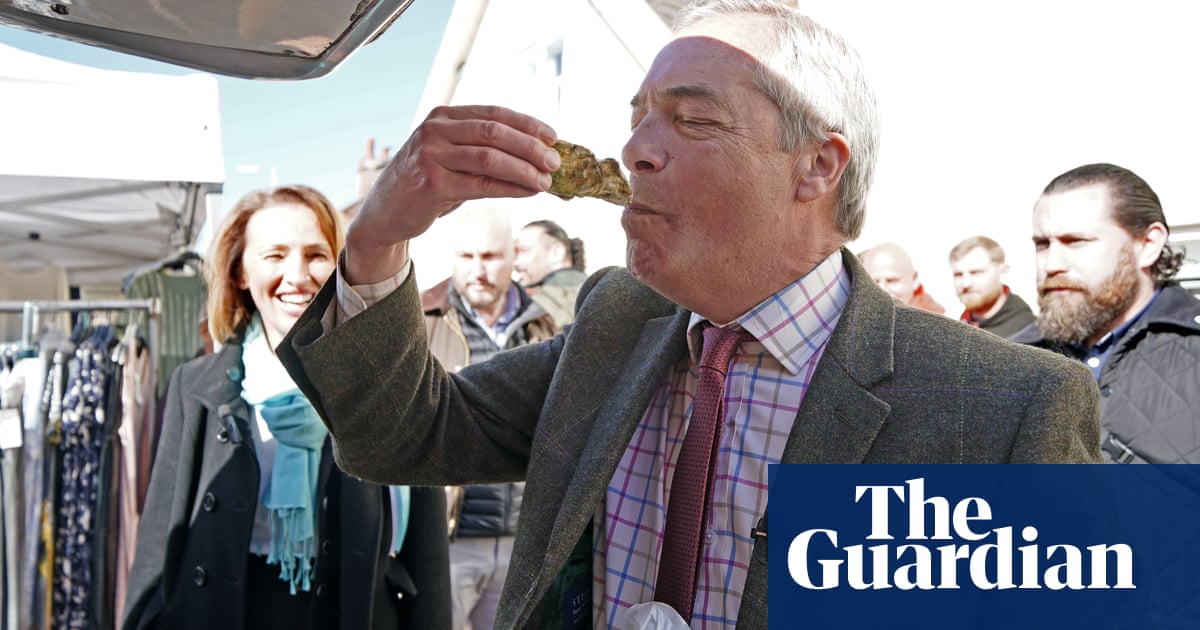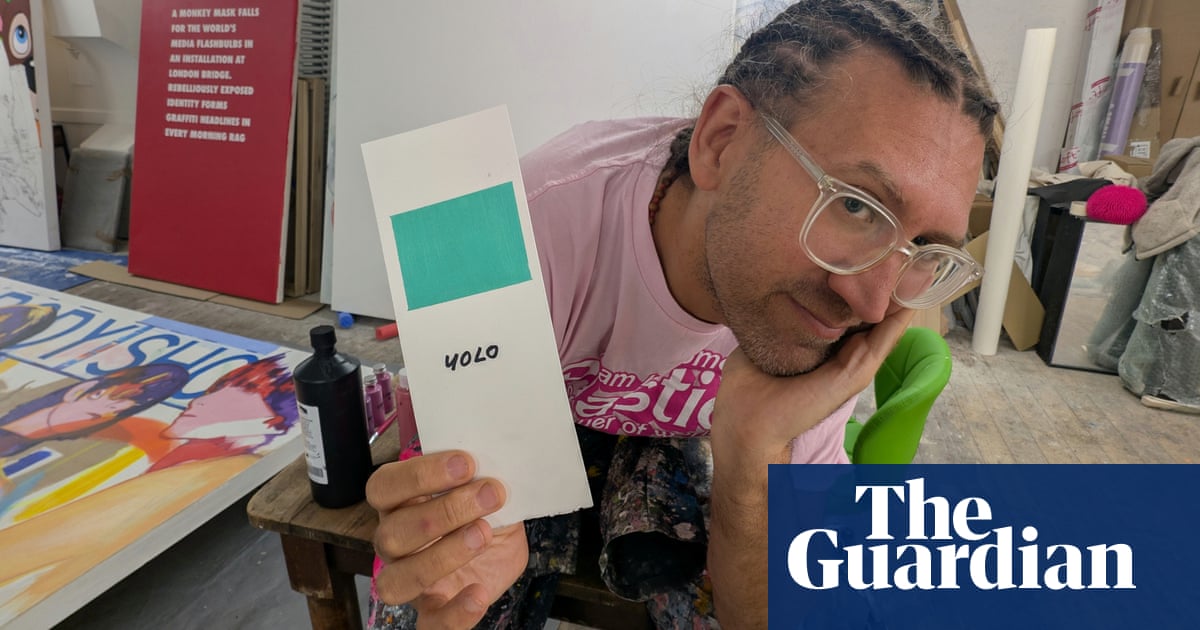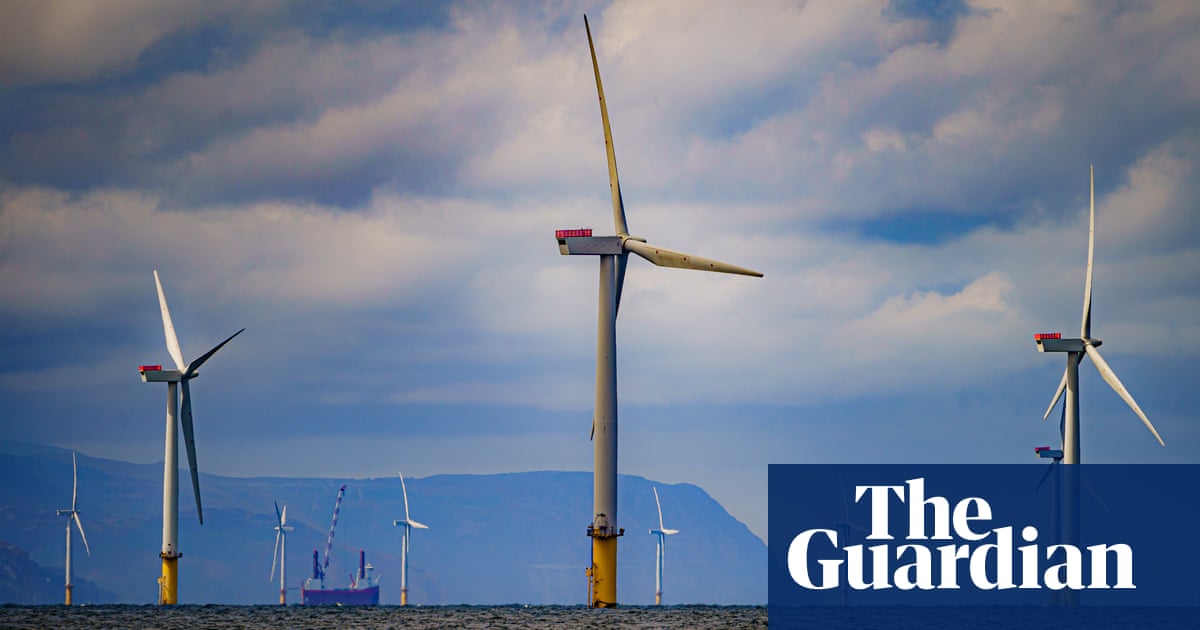Journalist, novelist and cafe owner Andrew O’Hagan, 56, grew up in Ayrshire and lives in London, the setting for his most recent book, Caledonian Road, now out in paperback. Shortlisted for last year’s Orwell prize for political fiction, it follows 60 characters over 650 pages and has been praised as an “extremely readable how-we-live-now novel” (Margaret Drabble) that “captures London in all its messy, multicultural glory” (Yotam Ottolenghi) and “instantly feels like a box set waiting to happen” (the Standard).
Tell us how Caledonian Road came about.
I was writing a lot of big stories for the London Review of Books – working with Julian Assange [on a memoir that Assange disavowed, an experience O’Hagan reported on], with another guy who claimed to have invented bitcoin, with people who were reinventing themselves on the net – and a lot of that reporting came together in the character of Campbell Flynn, a kind of falling man at the centre of modern London corruption. I got some insight into the British aristocracy’s relationship with dirty Russian money, and following that money led to street gangs, migrant traffickers, fashion brands and high-street businessmen. In my head, a kind of Dickens and Zola energy was pulsing. The research became huge: I was at the polo in Windsor one minute, with the queen attending, or with rap gangs or inside Leicester sweatshop factories the next. I was sort of amazed at the real-life connections and wanted to give inner life to them.
Are you still in touch with any of the people you spoke to during your research?
A few. Some are dead, some are in jail, some have flown the country, and others are thriving in plain sight, so heavily disguised they didn’t recognise themselves. Or chose not to. You’d be surprised how skilled people become at not recognising themselves. I haven’t had a single complaint.
You and Campbell have a fair bit in common…
He shares the obvious things with me, which localises his experience in a way I wanted for the story, but there’s as much of me spread over the other 59 characters. Many a good narrative wants a central consciousness, a central voice, and I enjoyed mapping Campbell’s years on to my own – it felt natural – but his descent into mania is completely invented. It’s a dance, actually, of the deeply personal and the wholly foreign, and that is the kind of thing I like.
On stage at last year’s Edinburgh book festival you said you’ve read Strange Case of Dr Jekyll and Mr Hyde maybe 35 times over the course of your life.
Robert Louis Stevenson was a kind of spirit guide with this book. I love his style, how naturally he marries his personal fixations to a vision of otherness, and the Stevenson epigraph was there from the earliest draft. Campbell is divided, shadowed by a previous self, which might be awakening a capacity for disaster in him. Personally, I’ve always felt quite relaxed about the passing of time, and about where I started, but Campbell isn’t, and my reading of Dr Jekyll and Mr Hyde over the years eventually triggered, I think, a dramatic sense of inward badness in Campbell Flynn, something that dramatically contradicts his easygoing nature.
Given that you’re also a reporter, how do you decide when you’re going to write fiction?
I usually know the form of a story as soon as I meet it. For instance, it never occurred to me for a second that the Assange story would be a novel by me. Its power, as I saw it, would flow in a piece of personal reportage. Later, Jonathan Franzen told me it helped him write his novel Purity, which features an Assange-like figure. He asked me why I didn’t write it as a novel myself, and I told him, quite frankly, that I thought the story had more vitality as nonfiction. That will sometimes be true, sometimes not. You learn to sense it. If you’re interested in writing well you never dress down; you work to find the sentences that suit the material, and if it’s nonfiction you’ll want them to stand up in court. But the quality of the writing shouldn’t decline an inch.
Name something you need in order to work.
It’s changed over the years. I pretty much wrote my first book, The Missing, in bed during a harsh winter, when I was in my early 20s. I began my novel Our Fathers [1999] in a rented house in West Cork that was loaned to me by the late Jenny Diski. But nowadays I’m at a desk. I like pretty lamps and old typewriters. I’ve made two beautiful writing rooms, one in London and one in Scotland, and filled them full of things that help me work. I love paintings and photographs. Not long ago I was gifted one of Evelyn Waugh’s black desks.
What have you been reading lately?
Working on a family story set in the late 1970s, I’ve been revisiting things – Henry James’s The Turn of the Screw, Seamus Heaney’s Station Island – while lingering over books that capture the radiance of childhood: The Little Prince, Charlotte’s Web, A Child’s Garden of Verses.
Tell us the last book you gave as a gift.
An anniversary copy of Golding’s masterpiece Lord of the Flies, to my daughter Nellie.
What led you to open a cafe five years ago?
My friend Sam Frears and I had always dreamed of opening a great cafe. Sam is blind, and he has other complicated health issues, so we thought we’d do it close to where we both live in Primrose Hill, to make it easy for him to visit every day. It’s become a huge magnet for the community, a hub for artists, writers, youthquakers and vintage talkers, and we love it. We spend everything we make on the staff, we fill the place with magazines and books, and we’re open all day every day. I’m biased, but I think it’s the best place to spend an evening in north London.

.png) 2 months ago
24
2 months ago
24
